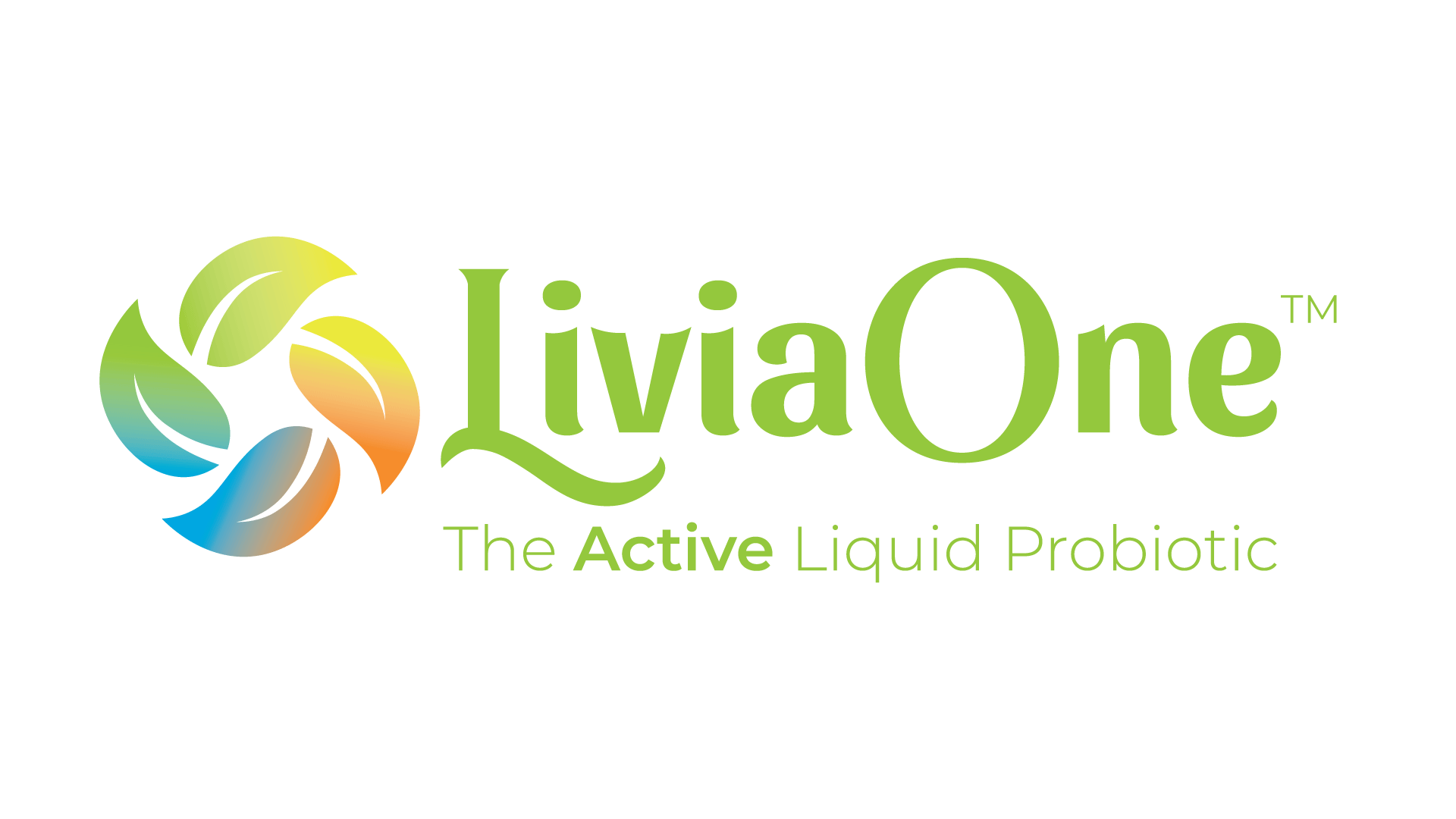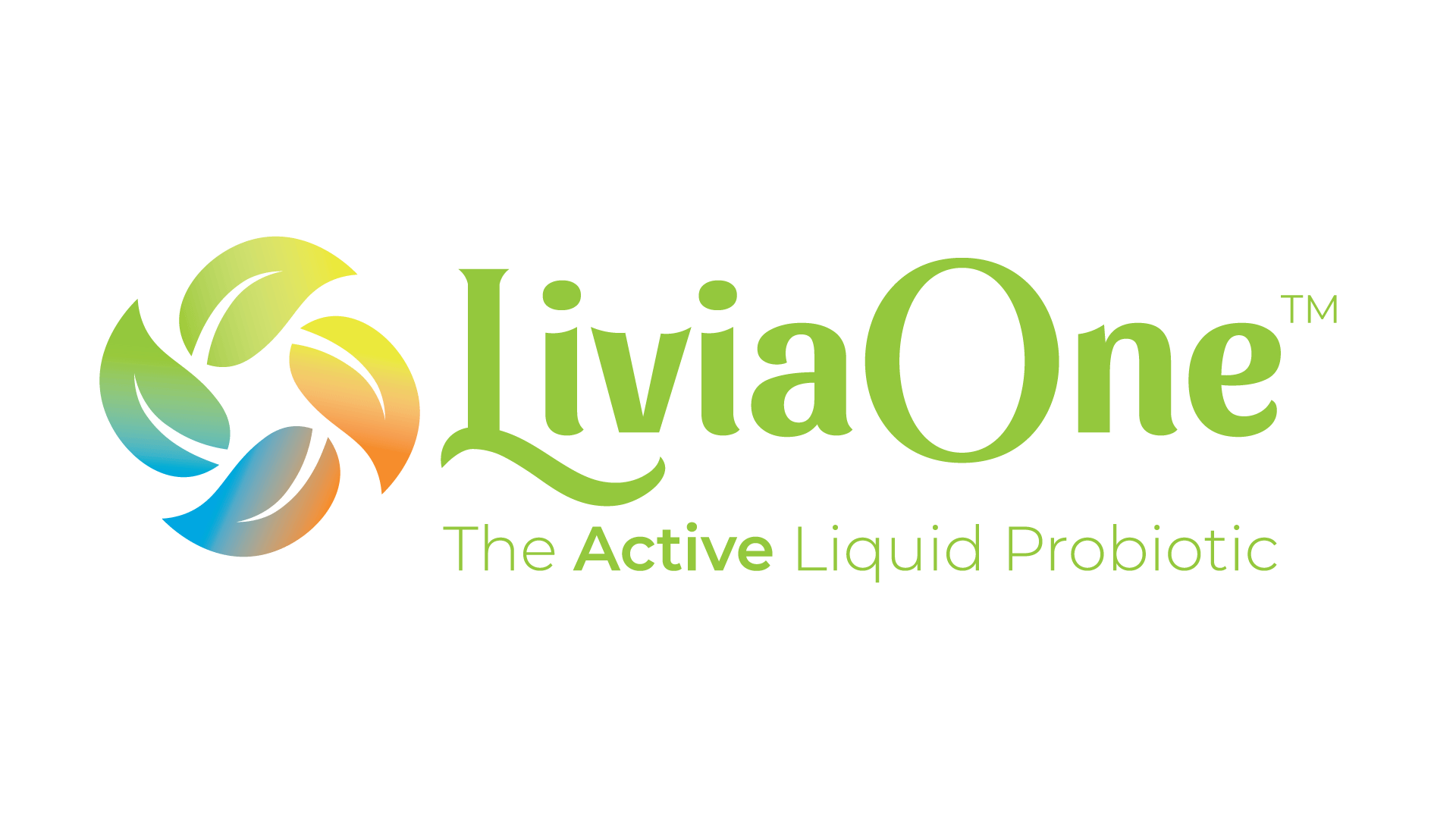Introduction
Consumers today have become increasingly aware of the number of natural, dietary supplements available on the market that contain "good" bacteria known as probiotics. These products are becoming more desirable as consumers learn of the health benefits associated with these types of supplements. Recent reports indicate that probiotic supplements containing Bifidobacterium infantis may help reduce the symptoms of irritable bowel syndrome in women (IBS).(1)
Bifidobacterium Infantis
Bifidobacterium infantis is a probiotic bacterium that inhabits the intestines of both infants and adults. This type of bacteria is considered beneficial because of the acids it produces. The acids produced by Bifidobacterium infantis may help impede the growth or colonization of harmful bacteria within the colon.(3) According to Medical News Today, Bifidobacterium infantis is "normal, friendly bacteria [that] play an important role in basic digestion, proper metabolism and overall well-being. [Bifidobacterium infantis] works within the digestive system to restore intestinal balance and maintain normal digestive health."(1) According to to a study sponsored by P&G Health Sciences Institute and published in the American Journal of Gastroenterology, Bifidobacterium infantis may be beneficial to those that suffer from symptoms of irritable bowel syndrome (IBS) including bloating, gas, diarrhea, constipation, urgency and abdominal discomfort.(2)
The digestive process begins when an individual chews food, thereby breaking it down into smaller food particles that are more susceptible to digestive enzymes. This breakdown not only makes the food more susceptible to digestive enzymes but it also allows the food particles to travel more easily through the digestive tract.(4) The large intestine has a high number of microbes present that help complete the process of food digestion. Microbes are tiny, living organisms usually too small to be seen with the naked eye and are also commonly referred to as microorganisms. These microbes or microorganisms include bacteria, viruses, fungi, algae, and protozoa.(5) Bifidobatcerium infantis, which is a bacteria, falls into the microbe or microorganism category. Bifidobacterium infantis is considered a "good" or beneficial bacterial. According to some research "there are advantages in skewing the balance of bacteria toward beneficial ones...[because] the metabolic end products of their growth are organic acids (lactic and acetic acids) that tend to lower the pH of the intestinal contents, creating conditions less desirable for harmful bacteria."(4) For these reasons, Bifidobacterium infantis may help provide relief to individuals suffering from IBS symptoms.
Irritable Bowel Syndrome
According to the National Digestive Diseases Information Clearinghouse (NDDIC) approximately one in five adults living in the U.S. experience symptoms of irritable bowel syndrome (IBS), which makes this condition one of the most commonly diagnosed disorders.(6) Some doctors have theorized that IBS is caused by "a colon, or large intestine, that is particularly sensitive and reactive to certain foods and stress. The immune system, which fights infection, may also be involved."(6) An increased presence of "good" bacteria can assist the body's immune system in fighting infection and illness. Because Bifidobacterium infantis is a beneficial bacteria, also known as a probiotic, it could be theorized that increasing the amount of Bifidobacterium infantis may help build the body's natural defense mechanisms. In this way, an increase in the amount of Bifidobacterium infantis in the large intestine may help relieve the symptoms of IBS.
Conclusion
"It has been established through controlled scientific investigations that probiotics ingested in certain numbers exert health affects beyond inherent basic nutrition."(1) Therefore, individual's suffering from IBS and other types of digestive disorders may want to include in their diet a regimen of Bifidobacterium infantis. While "research still is being conducted on how probiotic cultures may influence a wide-range of health conditions,"(1) a body of scientific evidence does exist to provide proof of the potential health benefits of Bifidobacterium infantis and other supplemental probiotics.
REFERENCES:
(1) New Study Demonstrates That Bifantis(TM) (Bifidobacterium Infantis 35624) Offers Relief For Women With Irritable Bowel Syndrome, published by Medical News Today, July 2006
(2) Efficacy of an Encapsulated Probiotic Bifidobacterium Infantis 35624 in Women with Irritable Bowel Syndrome, published in the American Journal of Gastroenterology, July 2006
(3) Bifidobacterium Infantis, published by igonutrition.com, March 2009
(4) Sanders, M.E. (2007). Probiotic Basics, usprobiotics.org
(5) What are Microbes? The Microbe World, published by Southern Kings Consolidated School, unknown
(6) Irritable Bowel Syndrome, published by National Digestive Diseases Information Clearinghouse, September 2007
For more information:
 A complete description of probiotics, along with groundbreaking recent clinical research illustrating the many ways probiotics can prevent disease, can be found in Probiotics - Protection Against Infection: Using Nature's Tiny Warriors To Stem Infection. This new compendium from one of contributing authors of the content on this page, Dr. Casey Adams, PhD., takes the confusion out of selecting and supplementing with probiotics. Referencing over 500 scientific studies and reports, and with detailed instructions on how to make your own probiotic foods, this book is a must for anyone seeking to understand the power of probiotics, and improve their immunity and vitality. Click here for ordering information.
A complete description of probiotics, along with groundbreaking recent clinical research illustrating the many ways probiotics can prevent disease, can be found in Probiotics - Protection Against Infection: Using Nature's Tiny Warriors To Stem Infection. This new compendium from one of contributing authors of the content on this page, Dr. Casey Adams, PhD., takes the confusion out of selecting and supplementing with probiotics. Referencing over 500 scientific studies and reports, and with detailed instructions on how to make your own probiotic foods, this book is a must for anyone seeking to understand the power of probiotics, and improve their immunity and vitality. Click here for ordering information.
Please read this Disclaimer:
The contents of this site, such as text, graphics, images, information obtained from www.Probiotic.org licensors and other material ("Content") contained on this site is for informational purposes only. The Content is not intended to be a substitute for professional medical advice, diagnosis or treatment. Always seek the advice of your physician or other qualified health provider with any questions you may have regarding a medical condition. Never disregard professional medical advice or delay in seeking it because of something you have read on this site!
 A complete description of probiotics, along with groundbreaking recent clinical research illustrating the many ways probiotics can prevent disease, can be found in Probiotics - Protection Against Infection: Using Nature's Tiny Warriors To Stem Infection. This new compendium from one of contributing authors of the content on this page, Dr. Casey Adams, PhD., takes the confusion out of selecting and supplementing with probiotics. Referencing over 500 scientific studies and reports, and with detailed instructions on how to make your own probiotic foods, this book is a must for anyone seeking to understand the power of
A complete description of probiotics, along with groundbreaking recent clinical research illustrating the many ways probiotics can prevent disease, can be found in Probiotics - Protection Against Infection: Using Nature's Tiny Warriors To Stem Infection. This new compendium from one of contributing authors of the content on this page, Dr. Casey Adams, PhD., takes the confusion out of selecting and supplementing with probiotics. Referencing over 500 scientific studies and reports, and with detailed instructions on how to make your own probiotic foods, this book is a must for anyone seeking to understand the power of 
